My 15th century West Country ancestor was a fervent heretic hunter, yet his Catholic son, considered ‘suspect and weak and followed only those noblemen who are dangerous in the county’ conformed to the teachings of the Protestant church. I have to assume that, if I was with my ancestor at this time I might have joined him in capturing those men who were not of the same faith as me or maybe I would have been willing to join a rebellion that was taking place in the first few months of the reign of Queen Mary that was known as Wyatt's Rebellion.
On entering London Wyatt's rebels were outnumbered by the queen's forces and Wyatt was captured.
While in the tower Wyatt named Edward Courtenay as the instigator of the rebellion and begged Courtenay to admit to it. By implication, Courtenay and Princess Elizabeth were suspected of being involved and they too were imprisoned, when no evidence was found they were both released and Courtenay fled the country but Wyatt was sent to trial at Westminster Hall on the 15th of March.
Thomas Wyatt mounted the scaffold on the 11th April in 1554 and was executed for treason.
What of the fate of Carew and the Duke of Suffolk? Carew, like Courteney, escaped abroad he was captured and imprisoned but later released on payment of his debts to the crown. The Duke of Suffolk also escaped but was found on his estate in Warwickshire, where he was betrayed by his gamekeeper.
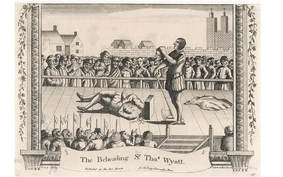
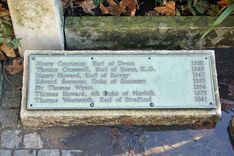
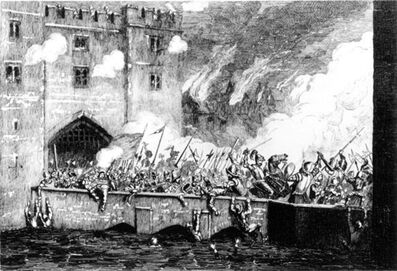
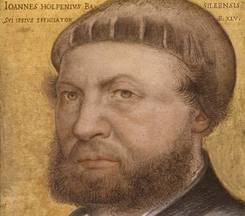
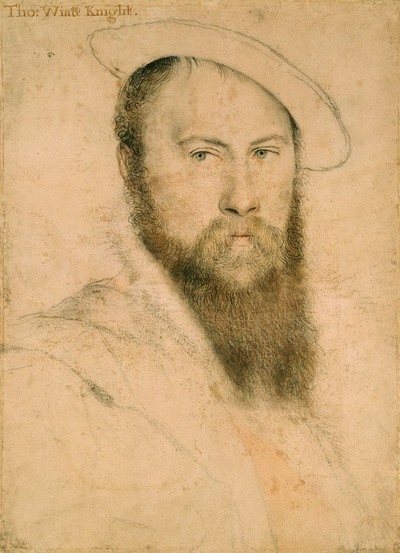
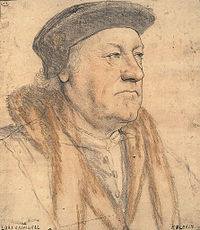
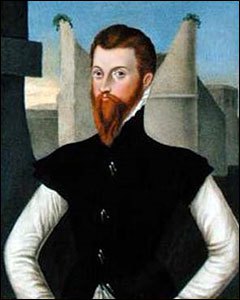
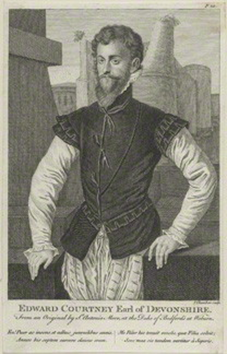

 RSS Feed
RSS Feed
